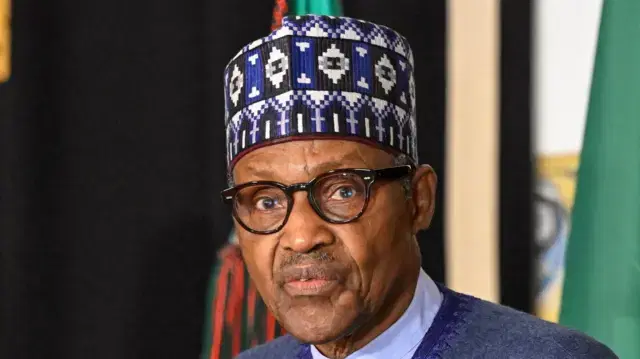By Daniel Abia, Port Harcourt
The Ogoni Central Indigenous Authority (OCIA) has called on Nigerians to see the death of former President Muhammadu Buhari as a solemn opportunity for national reflection, urging public servants to embrace fairness, equity, and humility in governance.
In a poignant condolence message signed by its President, Dr. Goodluck Diigbo, the group emphasized the inevitability of mortality, warning that no one governs to escape death but must strive to meet it with honor.
“We do not govern to escape mortality, but to meet it honorably—with fairness as our compass and equity as our enduring tribute,” Diigbo said. “As the Ogoni people have long shown, history’s weight does not crush us when carried with grace.”
While extending condolences to the late President’s family, Diigbo described Buhari’s passing as a “profound moment of collective reckoning,” stating that leadership offers no shield from legacy or consequence.
“Power is never permanent,” he added. “No crown ever worn in public office—no decree, no law, no title—can escape the truth that we are all bound by the fragile brevity of human life.”
Referencing the 1995 execution of the Ogoni Nine under General Sani Abacha’s regime, which Buhari reportedly influenced, Diigbo recalled the late President’s later attempt to pardon Ken Saro-Wiwa as “a silence filled with unspoken remorse.”
“I am stirred not by the politics of that change, but by the silence behind it… a life that now transcends time as The World Environmental Martyr,” Diigbo said.
He stressed that the Ogoni people had long chosen mercy over vengeance, recalling his own public declaration of forgiveness in 2009 during the Ogoni Day of Cleansing at Teyork. “Forgiveness does not erase scars, nor does it rewrite history,” he said. “It simply acknowledges that those who have walked in darkness may still glimpse light—even if from afar.”
Describing Buhari’s death abroad as symbolic, Diigbo said it reflected the “exile of unresolved legacy,” particularly the incomplete attempt to right the wrongs of environmental injustice and state violence.
“Pardons may be offered by governments, but exoneration must be given by truth,” he declared. “Those who walk through fire in defense of truth are remembered not in statues or nation-state papers—but in the living prayers of history.”
He concluded by urging leaders to treat public office not as a throne but as a responsibility. “The passing of Muhammadu Buhari marks not simply the end of a life—but serves as a stirring reminder that we all return to dust. Let this be a moment not only of mourning, but of introspection.”
Diigbo expressed hope that the former President’s passing would awaken deeper reverence among those in power for the moral weight of leadership and the inevitability of divine judgment.
The post Buhari’s death a call for national reflection, says Ogoni group appeared first on Vanguard News.

